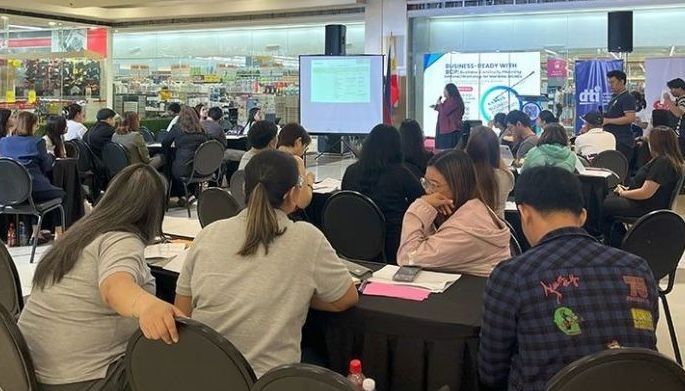So why do coup jitters continue? One reason is that soldiers sent to Metro Manila from the provinces since last week have not yet returned to their original postings; many are keeping a tight watch at Camp Aguinaldo, headquarters of the Armed Forces of the Philippines, and Fort Bonifacio in Makati. But the biggest reason for the continuing jitters is that the nation remains under a state of rebellion, which President Arroyo declared at the height of the mutiny in Makati over a week ago.
The government has constantly reassured the public that constitutional rights will be respected even in a state of rebellion. The public perception, however, is that the declaration allows the government to arrest even without a warrant any individual deemed an enemy of the state, and to detain suspects longer than the law allows without the filing of formal charges. The protracted state of rebellion fuels charges made by the mutineers – which most people dismissed as wild allegations – that the administration planned to declare martial law.
All this merely projects an image of continuing instability – something that the administration should be trying to dispel. The President, in declaring the coup threat over, had urged the people to go back to business as usual. The nation should hasten the return to normalcy, she said. But the President should make up her mind. How can life return to normal when a nation is in a state of rebellion?






